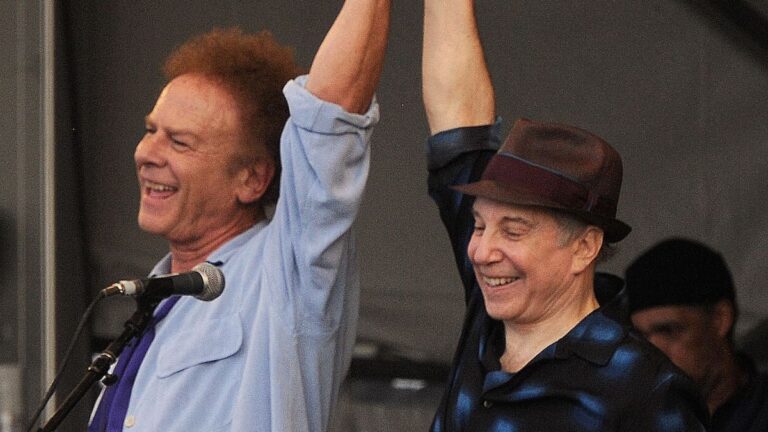Paul Simon says that He lived self-consciously because of his short statureeither for not having the voice or the figure that I would have liked. Self-esteem problems that Art Garfunkel took advantage of. At a photo shoot he told her, “No matter what happens, I will always be taller than you.” Garfunkel says that Paul betrayed him and secretly He recorded a song using a pseudonym: “The friendship was shattered forever… I never forgot him and I have never forgiven him.” The enmity of the two New Yorkers was public and evident. During his brief career They sailed through turbulent waters fed by the distrust, rivalry, envy, resentment or betrayal. On March 7, 1970, when their last album ‘Bridge over troubled water’ reached No. 1, the duo had broken up months ago..
That of Paul Simon and Art Garfunkel was a toxic relationship plagued by public brawls and disagreements, from minute one. It did not represent any obstacle for his names to be included among those of The artists of the 60s who sold the most albums in history: they exceed 100 million. When in January 1970 they published his fifth and last albumthe iconic ‘Bridge over troubled water’, the duo had already separated a month before. And there was no march back. The recording had been tremendously difficult. The deterioration and tensions accumulated for more than a decade ended up breaking the rope. “At that point, I just wanted to get out,” wrote Paul in his memoirs ‘Paul Simon: A life’.
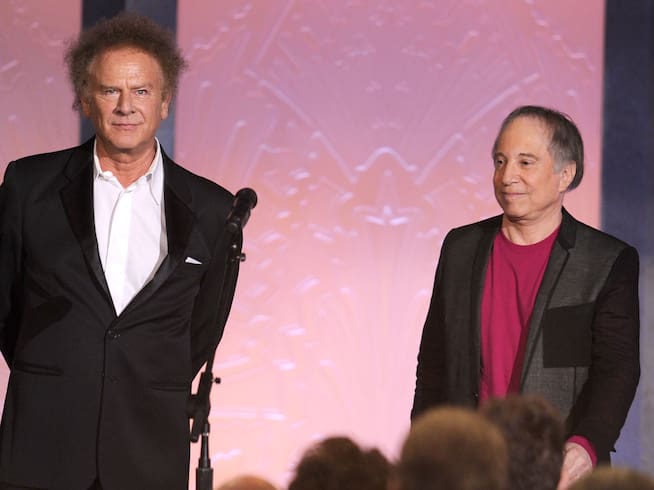
Artists at the 38th AFI Life Achievement Award / Kevin Winter
Eleven songs. In addition to the one that gave it its title, classics like ‘Cecilia’, ‘The boxer’ or ‘El condor passes (If I Could)’ They acted as ‘Bridge Over Troubled Waters’ one of the best-selling albums in the world of all time. No less than 25 million copies. It topped the charts in 10 countries, received six Grammy Awards in 1971 (including ‘Album of the Year’) and only the first single, they made versions more than 50 artists. Among others, Elvis Presley, Aretha Franklin or Roy Orbison. Over the next few years, They only spoke on rare occasions. and they met from time to time to offer specific concerts. What caused the permanent and irreversible enmity between the two New Yorkers?

In 1953when they met at age 11 at schoolthey were made Best Friends. They spent hours listening to music and sharing their first cigarettes. After participating in the school play ‘Alice in wonderland’, as teenagers, They decided to form a duo they called Tom & Jerry.. To the couple’s surprise, her first single, “Hey, Schoolgirl”, in 1957, sold 100,000 copies. A complete success. The joy was short-lived.

Simon & Garfunkel as Tom & Jerry / Michael Ochs Archives
One year later, Paul released a solo single without telling his friend. She used the pseudonym by True Taylor. For Art it was a blow. He felt betrayed and this is what he confessed in his memoir ‘What is it all but luminous, Notes from an underground man’ (2017): “The friendship was shattered forever… I never forgot itand really I have never forgiven him.” And he added, “Paul got the songwriter royalties. I got the girls.” The tension caused by that incident it was always there, like a black cloud that occasionally surfaced. Resentment and mistrust were the foundations on which his career was built..
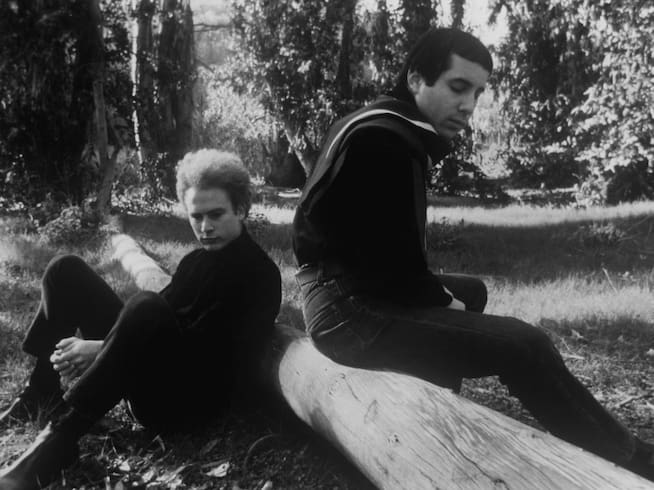
Another photo of Paul Simon and singer in the 1966 spot / Michael Ochs Archives
Arthur knew very well that Paul had the upper hand; was the composer. He had a nice voice, but he depended on Simon’s songs. Therefore, it was established a powerful imbalance from the beginning. In 1964, as Simon & Garfunkel, they published their first album, ‘Wednesday morning, 3AM’. It contained hits like ‘The sound of silence’. His first number 1, followed by many more.. His next two albums, ‘Sound of Silence’ and ‘Sage, Rosemary And Thyme’ (both 1966), were huge hits. Within a very few years the duo were millionaires. But The anger was growing and the cracks were emerging.
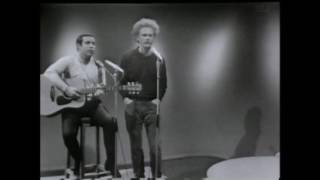
For many years, Paul Simon faced mental health problems and frequently received therapy. Negative thoughts, insecurities, depression… In an interview with Daily Mail, he confessed that He was affected by “his short stature”, “not having the voice he wanted”, “not having the figure he wanted to have” or his “bad relationship with Artie”. And Artie, aware of those insecurities, I used them sometimes to destabilize him. Paul recounts an episode in his biography which especially affected him: “I remember a photo shoot where Artie said, ‘No matter what happens, I will always be taller than you.’” Did those words hurt you? asks the author of the book. “I imagine they hurt me enough to still remember them 60 years later.”
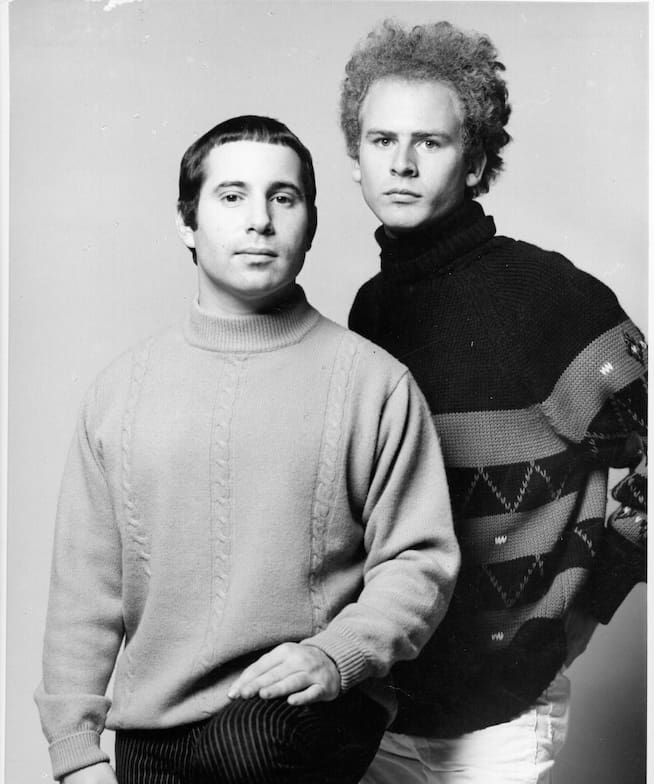
Paul Simon and Art Garfunkel at a Columbia Records publicity / Michael Ochs Archives
Director Mike Nichols asked them to contribute to the soundtrack for ‘The Graduate’. ‘Mrs. Robinsonwhich they also included on their fourth album, ‘Bookends (1968), topped the charts for nine weeks. But his manager, Mort Lewis, was The growing rivalry between them worried: “They both envied the other’s position on the team.. Many times “Paul thought the public saw Art as the real star because he was the singer.”
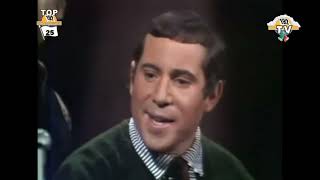
After the success of ‘The Graduate’, Nichols hired both as actors for his next 1970 film, ‘Catch 22’. But Paul’s part was removed. To add salt to his wound, he discovered that Garfunkel had agreed to participate in another film, ‘Carnal knowledge’. That meant that I would be away for six months. Paul had to write and record the new material… alone. ““He knew how I would feel, but he didn’t care,” Simon explains in his memoirs. “I thought, ‘Fuck you.’ And the truth is that I thought if Artie became a big movie star, he would leave.… “I didn’t need him.” At that moment, ““Something broke between us… we were done.”
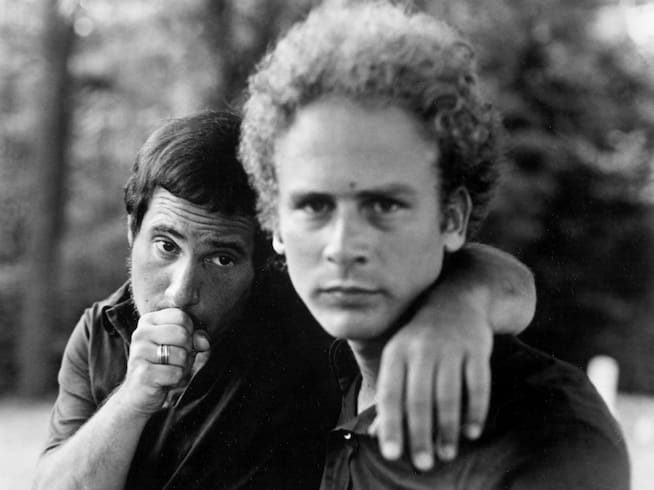
Simon & Garfunkel / Michael Ochs Archives
On March 7, 1970, the album ‘Bridge over troubled water’ began its first of 10 weeks at No. 1 on the American charts.. In July, they offered a concert in New York that, unceremoniously, became the duo’s last. When I finish, They shook hands in the parking lot and each went their way.. They didn’t even discuss among themselves whether it had been the last time they played together. Simon did not announce his decision publicly. He didn’t tell Garfunkel either.

They met again, very sporadically, for some concert. In 2014, Garfunkel stated in Rolling Stone her desire to return to Simon: “Audiences around the world would like… I agree with them, but I don’t think Paul Simon is with them“. And he continued talking. In 2015, in Daily Telegrah he launched this message: “How can you ignore this place at the top of the world, Paul? What’s wrong with you, are you an idiot?” Paul Simon, in 2016, responded on an NPR program: “Honestly, we don’t get along. So it’s not a fun thing… and when it’s not fun and you’re going to experience a tense situation, it better not happen again. That’s all”.
